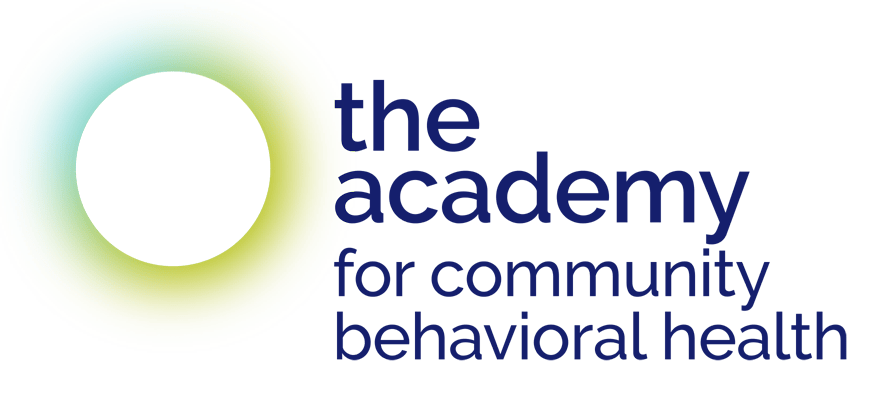All Scheduled Dates
None scheduled at this time
Course Type
Brief Learning Series
Course Length
75 minutes
QUESTIONS?
Email [email protected]
ATTENDANCE POLICY
Learners who complete this course will receive a certificate of completion from the Academy.
Learners are invited to register for one or all of the five courses that are part of the Series: Tools for Coping with Stress and Trauma. Those who complete all five courses will receive a certificate of completion for the series.
Managing Stress and Building Resilience
DESCRIPTION
Uncertainty and changes both in and outside of work can lead to increases in stress, even among people who have not experienced mental health issues in the past. Many are feeling like it is harder to manage daily challenges. This course draws on research from psychology and neuroscience to recommend and develop simple practices that can help you to stay grounded and centered during difficult times.
COURSE OBJECTIVES
Participants will:
- Learn about the science of stress, anxiety, and resilience
- Explore what can be done to assist people in regaining a sense of control
- Discuss the connection of mind and body in stress reactions and resilience
- Recognize the importance of self-care and identify ways to engage in self-care planning
LEARNING PATH
This course is part of a Series: Tools for Coping with Stress and Trauma. Learners are invited to register for one or more of the five courses in this series:
- Managing Stress and Building Resilience
- Managing Perceptions of Control
- Journaling to Manager Stress and Build Resilience
- Chronic Pain and Mental Health
- Preventing and Managing PTSD
WHAT TO EXPECT
This 1.25 hour course will include a presentation, discussions, and time for questions/answers.
ELIGIBILITY
This course is open to staff of any non-profit community organization or government agency that delivers social services in NYC.
INSTRUCTORS

